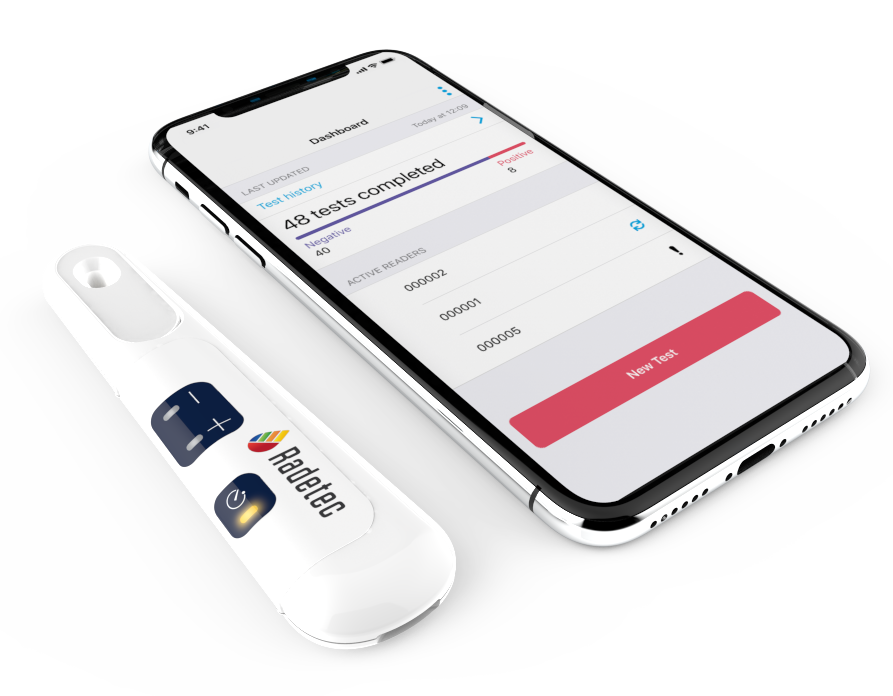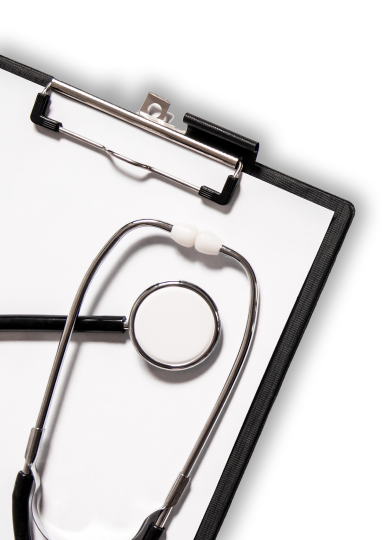Self-Tests for Human STIs
Sexually Transmitted Infections
Sexually Transmitted Infections (STIs) are infections transmitted through unprotected sexual contact with an infected person. According to the World Health Organization (WHO), more than 1 million STIs are acquired every day worldwide1 and their rates are on the rise.2 The higher risk categories include young women aged 15-24 and men who have sex with men (MSM).1
Chlamydia is the most common bacterial STI, caused by the bacterium Chlamydia trachomatis. Chlamydia is frequent among young women; however, it affects people of all ages. Many people with chlamydia have no symptoms but can still infect others through sexual contact. Genital discomfort and discharge from the vagina or penis are the main symptoms of chlamydia. Patients and their sexual partners who are affected by this infection are often prescribed to get antibiotic therapy.


Gonorrhoea is the second most common bacterial STI, caused by the caused by the bacterium Neisseria gonorrhoeae. It infects both males and females and is often associated with chlamydia. Gonorrhoea often affects the urethra, rectum or throat. In females, gonorrhoea can also infect the cervix. Immunity to new infections is not provided by previous infections.
"Nearly one in two incident STIs were acquired by people aged 15 to 24 years old." 3
Chlamydia and gonorrhoea are commonly asymptomatic,4 meaning that many patients do not know that they are at risk or that they have been infected. Further, many patients have concerns about their privacy and do not always admit of being sexually active.4 This means that many chlamydia and/or gonorrhoea infections remain undiagnosed and untreated. Without diagnosisand proper treatment, STIs can be a very serious threat to someone's health. In females, as many as 10-20% of untreated chlamydia and gonorrhoea progress to Pelvic Inflammatory Disease (PID), an infection of the reproductive organs that can have devastating consequences for women.6 On top of pain and discomfort, some STIs can also cause long term damage to your body, affecting your fertility and even endanger the health of your future children. In US, undiagnosed STIs cause 24,000 women to become infertile each year.5
The first step of getting treated for an STI is diagnosis. Unfortunately, many STIs don’t show symptoms until too late. Therefore, regular STI checks are important not only for your health, but also for the health of your partner(s). Regular testing and diagnosis not only allow for you to get the treatment you need to prevent health issues, but it is also important for the society to prevent further spread of the infection.
The Centers for Disease Control and Prevention (CDC) recommends all sexually active women younger than 25 years to test for gonorrhoea and chlamydia every year. Women 25 years and older with risk factors such as new or multiple sex partners should also be tested for gonorrhoea and chlamydia every year. At-risk pregnant women should also be tested for chlamydia and gonorrhoea starting early in pregnancy. All sexually active MSM should be tested at least once a year for syphilis, chlamydia, and gonorrhoea.8

However, social stigma often prevents regular testing, causing sexually active people who may have exposed themselves to STIs to be reluctant to visit a GP, due to personal embarrassment, cultural or religious attitudes. Access to a test is also another barrier that prevents regular testing, which includes testing service in an inconvenient location, no time to visit a doctor, and price of the test.9
Radetec’s Chlamydia and Gonorrhoea Rapid Test
A possible solution to this issue is implementing a universal screening program and self-testing. For HIV, it has been shown that more people get tested when self-testing is available.8 Radetec Diagnostic is currently developing a Chlamydia and Gonorrhoea rapid test, a fast and portable kit for the detection of these two common infections. Based on our patented quantum dots technology , Radetec's Chlamydia and Gonorrhoea rapid test will be available to be used in the comfort and privacy of your own home, getting results in less than 20 minutes. This kit will provide a convenient testing option, enabling users to overcome their fears and seek medical advice to treat the infection before it advances.

References
1https://www.who.int/news-room/fact-sheets/detail/sexually-transmitted-infections-(stis)
2https://data.kirby.unsw.edu.au/STIs
3https://www.cdc.gov/media/releases/2021/p0125-sexually-transmitted-infection.html
4https://www.sciencedirect.com/science/article/abs/pii/S0091743502000580
5https://www.cdc.gov/std/products/youth-sti-infographic.pdf
7https://www.cdc.gov/std/prevention/screeningrecs.htm
9https://onlinelibrary.wiley.com/doi/full/10.1111/1753-6405.12680
